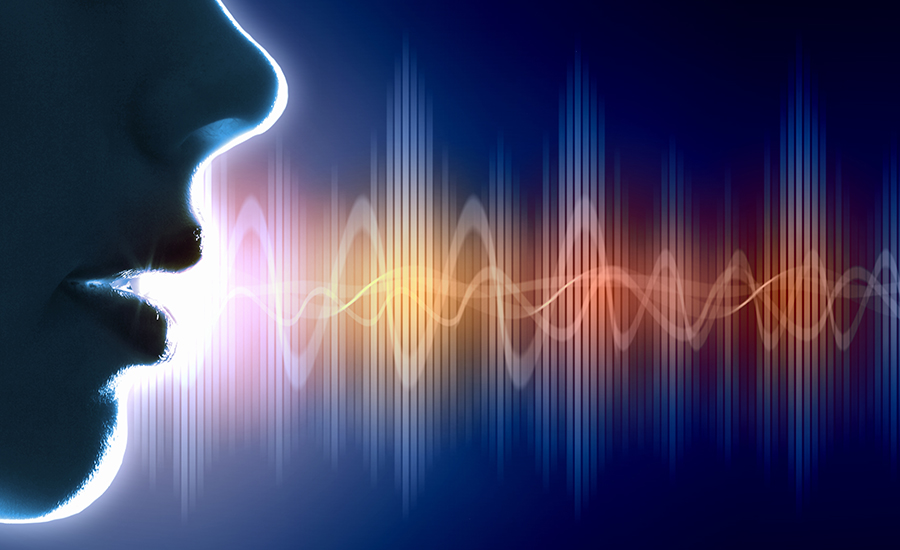Sound is a fundamental element of human life. Its definition is constantly changing, more established as emerging genres are now covered by the umbrella of sound or sonic. Sound is a wave or vibration that travels to three states of matter solid, liquid, gas. Can sound effects be produced using tangible materials? of course ,yes !! Nothing is more interesting than watching how to produce sound effect here is an interesting movie about a warner bros. studio that creates sound effect for movies etc how do they create that pretty amazing
To understand more scientifically here is interesting video that I as well as kids around me enjoyed.
Since before the Big Bang there was no universe, it seems safe to say that this is likely the first sound in the universe. But what was the first sound ever actually heard? To figure that out, we need to figure out which organism was first able to hear. The first organisms to be able to hear things were probably the bony fishes, which appeared on this planet about 400 million years ago. What sounds did these early labyrinth organs pick up? Mostly vibrations that coursed through their bodies as they moved through the water, Fast forward a whole lot of time, and we get to humans. The first sound that we recorded as a species was gathered by a device called a phonautograph, invented by a man named Édouard-Léon Scott de Martinville in 1857. Phonautographs transcribe sound waves into a line that is drawn on paper or glass. The first phonoautographic recording that still exists is from 1860, and it’s a French folksong called “Au Clair de la Lune.” You can listen to it here
Sound affects our bodies. Your body is 70% water. Sound travels well in water, so we’re very good conductors of sound. It’s not surprising that sound has a powerful effect on us. Hearing is your primary warning sense, just like every animal on the planet. Do you know there are no deaf vertebrates? There are plenty of vertebrates who don’t see very well at all or not at all, but the hearing is a universal sense
The origin of music is unknown as it occurred prior to recorded history. Some suggest that the origin of music likely stems from naturally occurring sounds and rhythms. Human music may echo these phenomena using patterns, repetition and tonality. Even today, some cultures have certain instances of their music intending to imitate natural sounds. Prehistoric music, once more commonly called primitive music, is the name given to all music produced in preliterate cultures (prehistory), beginning somewhere in very late geological history. Prehistoric music is followed by ancient music in most of Europe (1500 BC) and later music in subsequent European-influenced areas, but still exists in isolated areas. Interested to know more about music history!! Here is a video of a person had PHD in music describes music from prehistoric times to uptill 2018

